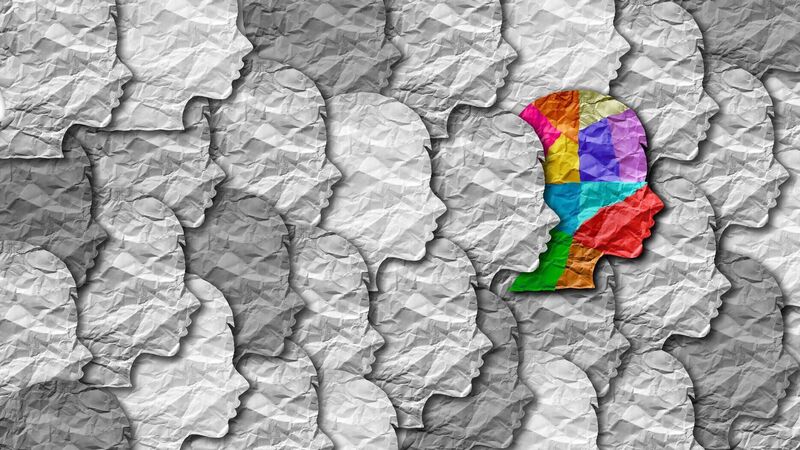Time for society to embrace divergence as well as diversity

Neurodiversity as a benefit to society is a relatively new concept, just as the contribution of any diversity is relatively new. Picture: iStock
It’s been eight years since Clare man William Burton’s was voted Ireland’s favourite painting. Hanging in the National Gallery, it shows a medieval woman allowing a knight in chainmail to embrace her — or at least give one of her arms a committed snog.
Just why people like Sharon Corr get so hooked on this watercolour mystifies me. The centuries-old Danish ballad on which the painting is based has the father of the girl in the blue dress — Hellellil — enraged by the very idea of his daughter falling for a young soldier and ordering his six sons to kill the soldier, named Hildebrand. A lack of buy-in from Hildebrand leaves the six brothers of his beloved good and dead, which doesn’t augur well for the romantic couple.












